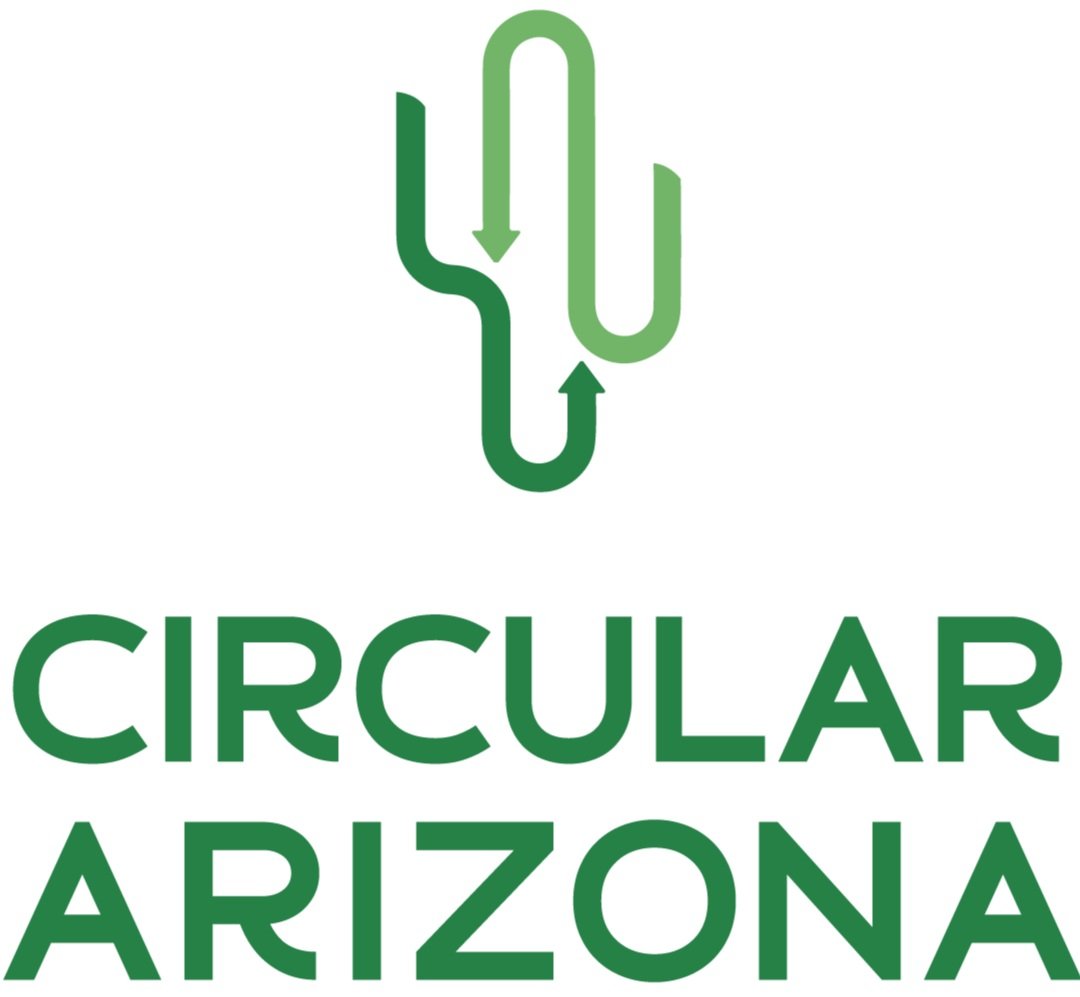Circularity versus Recycling
WHAT’S THE DIFFERENCE BETWEEN CIRCULARITY AND RECYCLING?
The world of sustainability can be confusing due to the various concepts and terms used to describe different practices and strategies. Here is a breakdown of the terms circularity and recycling to clarify their meanings and how they fit into sustainable resource management.
Circularity and recycling are both concepts aimed at sustainable resource management, but they have different scopes and methods.
Circularity
Circularity is an economic model designed to eliminate waste and keep resources in use for as long as possible. It involves:
Design for longevity: Creating products that last longer and can be easily repaired.
Reuse and refurbishing: Using products again or restoring them to good condition.
Remanufacturing: Rebuilding products to a like-new state.
Recycling: Converting waste materials into new products.
Resource efficiency: Using resources to reduce waste and conserve energy.
The goal of circularity is to create a system where materials are continuously reused, minimizing the need for new resources and reducing waste. In a circular economy, waste is defined as a resource.
A prime example of true circularity is the closed-loop recycling of aluminum cans. In this system, used aluminum cans are collected, melted, and reformed into new ones. This process can be repeated indefinitely without degrading the quality of the aluminum, maintaining a continuous cycle where the material is reused to produce the same product over and over again.
Recycling
Recycling is a process within the circularity model that involves:
Collection: Gathering used materials like paper, plastic, glass, and metals.
Processing: Sorting and cleaning these materials, then breaking them down into raw materials.
Manufacturing: Using these raw materials to create new products.
Recycling helps reduce the use of new raw materials, saves energy, and lowers pollution.
An example of recycling is when used aluminum cans are collected and melted down, but instead of being made into new cans, the aluminum is used to create a different product, like a bicycle frame or car parts. In this process, the material is repurposed for a new use, extending its lifecycle but not maintaining the original product form.
Key differences
Scope: Circularity is a broad strategy covering a product's entire lifecycle, while recycling focuses on turning waste into new materials.
Focus: Circularity aims to design products and systems that avoid waste and keep materials in use. Recycling handles waste after it is created.
Impact: Circularity seeks to change production and consumption patterns to be more sustainable. Recycling manages existing waste.
Recycling is a critical part of circularity. It focuses on converting waste materials into products within a broader system designed to minimize waste and maximize resource use.
The Desert Refillery family was named Circular Arizona’s Small Business of the Year 2024.
How Does Circular Arizona promote recycling and circularity?
Circular Arizona plays a crucial role in promoting both circularity and recycling in our state. We focus on fostering a circular economy by encouraging the redesign of products for longer lifespans, facilitating the reuse and refurbishment of materials, and supporting remanufacturing initiatives.
Circular Arizona actively promotes recycling by advocating for better waste collection systems, improving processing facilities, and increasing public awareness about the importance of recycling. This advocacy is possible because we connect industry leaders, academics, students, nonprofits, Tribal Nations, businesses, and local governments to learn, innovate, and collaborate on equitable circular solutions.
Through these efforts, Circular Arizona aims to minimize waste, conserve resources, and create a sustainable, closed-loop system in our state's local economies.
Ready to join Circular Arizona?
Network at in-person and virtual conferences
Discounts on annual meeting and event registration fees
Apply for grants, scholarships, and awards
Connect with Arizona circular economy professionals and industry leaders
Get the latest circular economy news and trends from local and national experts








